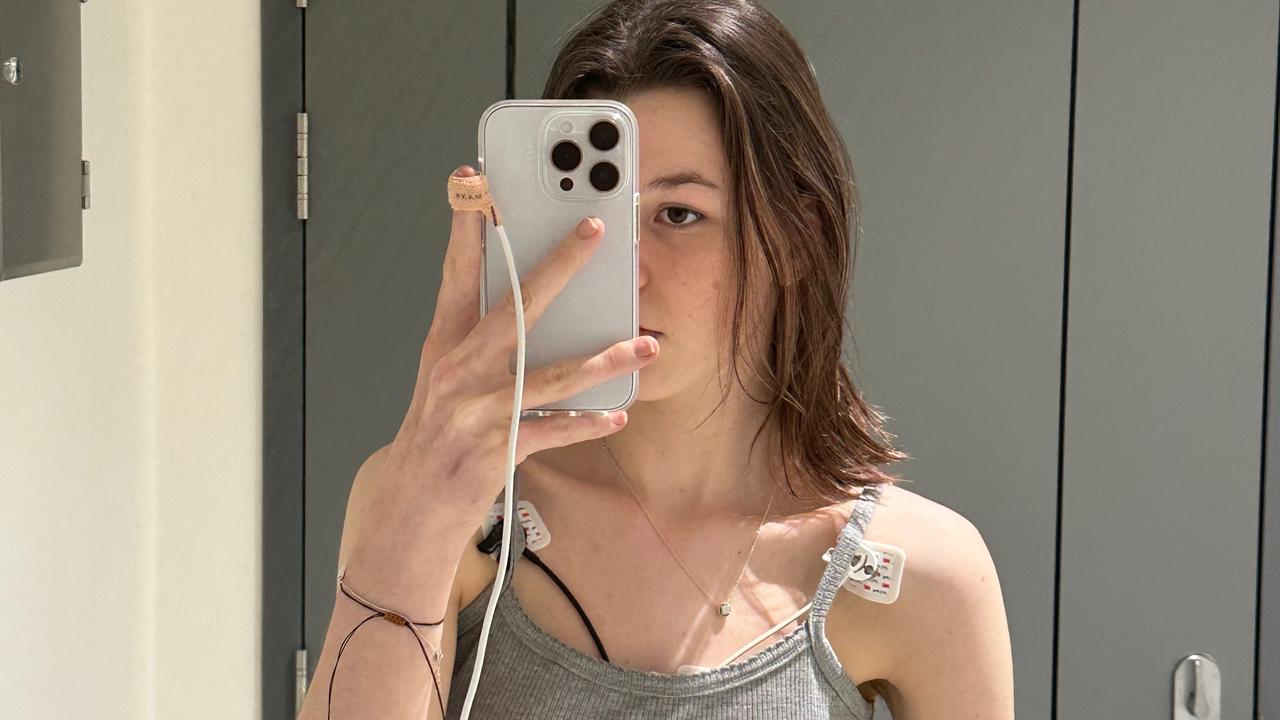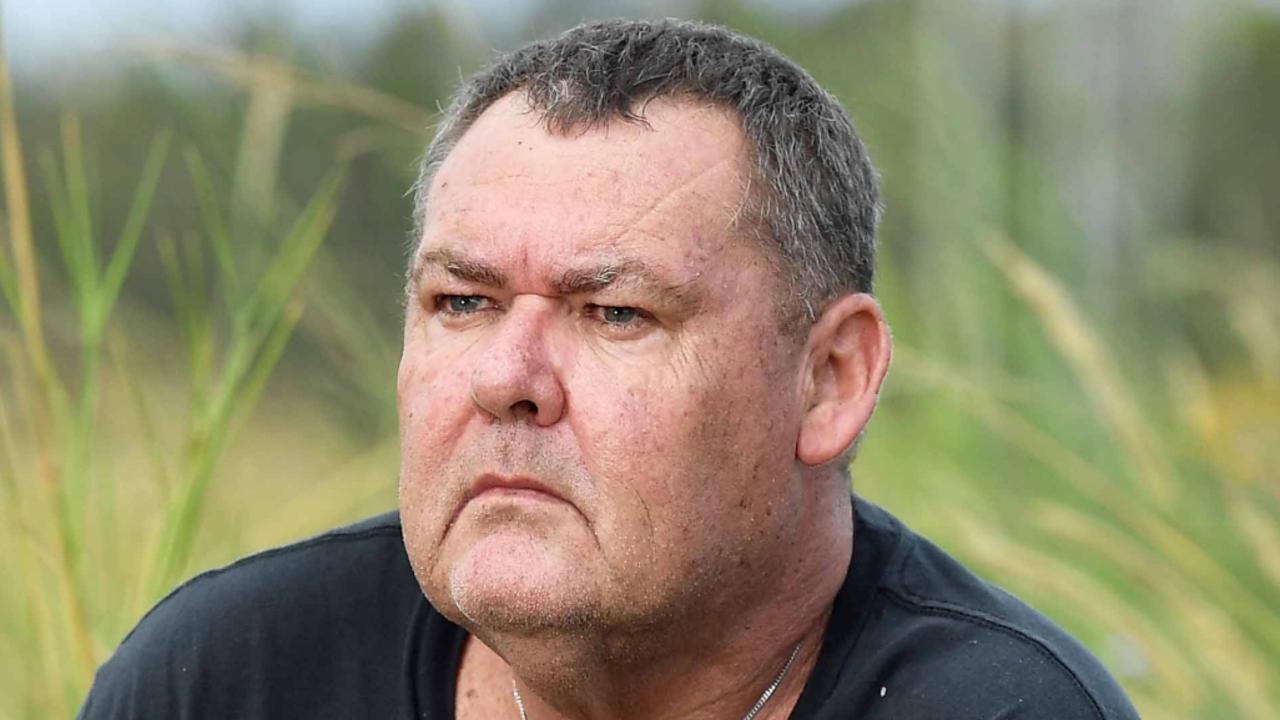NT travellers in SA hit with quarantine orders
Fully-vaccinated people in South Australia linked to the Katherine outbreak in the NT have been told they’ll be quarantined.
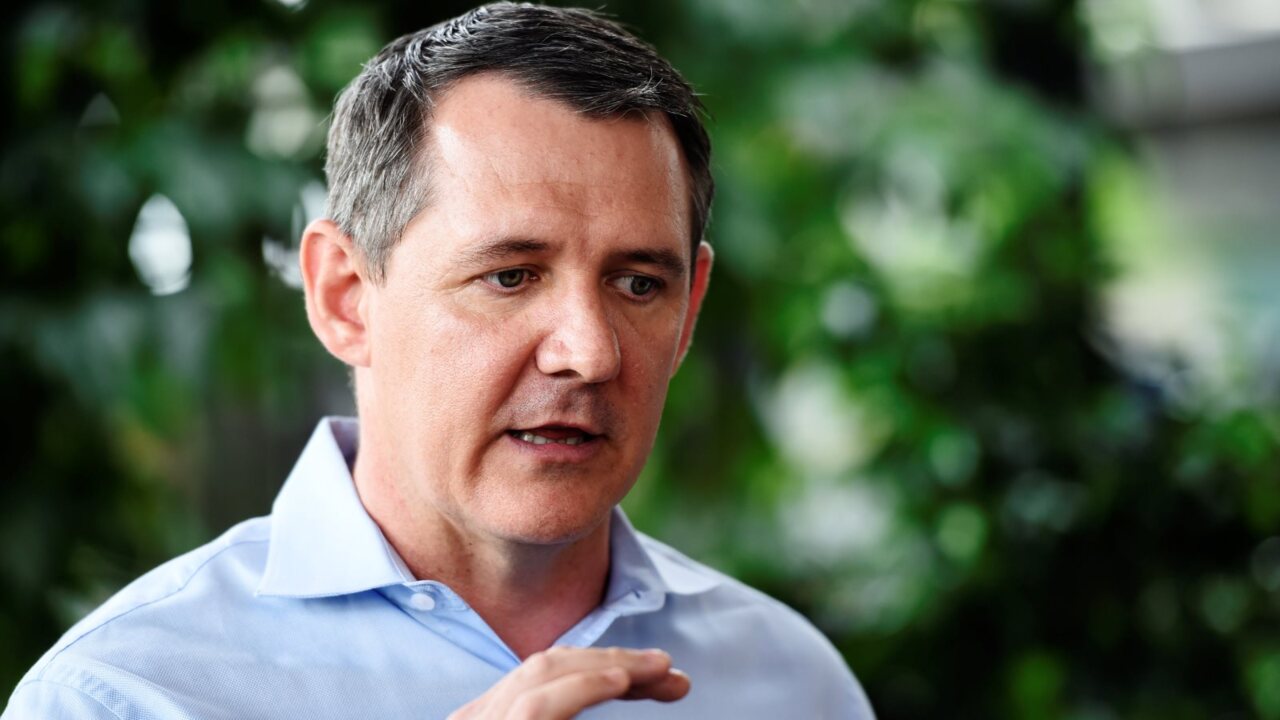
Coronavirus
Don't miss out on the headlines from Coronavirus. Followed categories will be added to My News.
Fully vaccinated South Australians who have been in Katherine in the Northern Territory since November 10 must test on return and self-quarantine for seven days.
On Wednesday night, SA Police updated its cross-border travel directions with the NT, which said unvaccinated residents returning from Katherine must get tested and self-quarantine for 14 days.
South Australians who have not been in Katherine but are fully vaccinated only have to quarantine until a negative test.
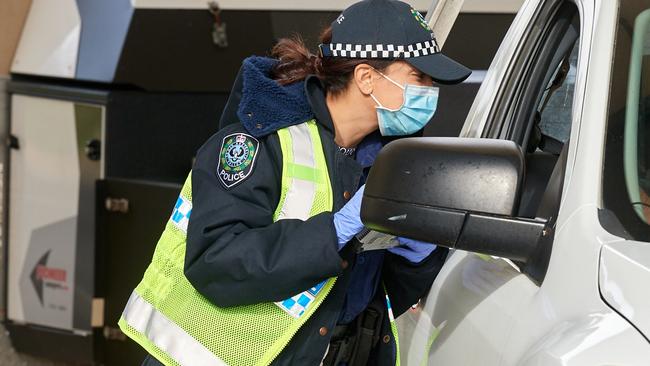
Non-South Australian residents, who have been in the NT since November 10, cannot enter SA without an exemption.
The changes come after a three-week-old baby girl was among eight new Covid cases reported in the Territory on Wednesday. There are now 19 active cases spread among Katherine and Robinson River Indigenous communities, raising concerns about lagging vaccination rates among SA’s Indigenous population.
In SA, 61 per cent of Aboriginal and Torres Strait Islander residents have had their first dose of a coronavirus vaccine and 47 per cent are double vaccinated.
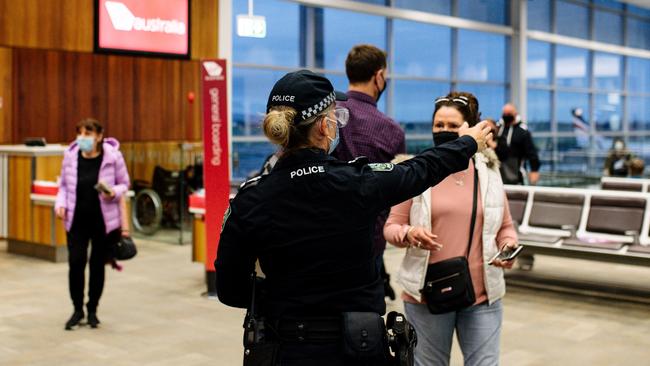
It’s well behind rates in Victoria, the ACT and NSW, where between 78 and 84 per cent of the Indigenous populations have had both doses.
The Royal Australian College of General Practitioners says because of “dangerously lagging” vaccination rates, Indigenous communities are at increased risk as states relax their borders and social-distancing restrictions. The organisation’s Aboriginal and Torres Strait Islander Health chairman Peter O’Mara, pictured, said ramping up vaccinations was critical.
An SA Health spokeswoman said outreach and mobile clinics were helping increase access to vaccines for Aboriginal people in Adelaide, while Nganampa Health Council and Royal Flying Doctor Service were helping make the vaccine accessible in remote communities.




